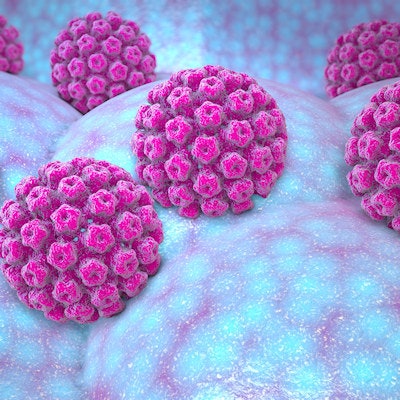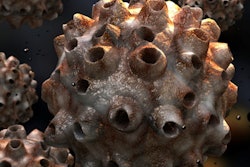
A new shorter treatment for patients with HPV-associated oropharynx cancer controls the disease with fewer side effects, according to a study presented at the American Society for Radiation Oncology (ASTRO) 2021 annual meeting in Chicago.
The new treatment, which involves minimally invasive surgery and half the standard dose of radiation therapy, lasts for two weeks instead of the standard six weeks, researchers from the Mayo Clinic in Rochester, MN, reported. Based on the results, the Mayo Clinic has adopted the shorter treatment as its standard of care for certain patients.
"Our findings suggest that in select patients with HPV-associated oropharynx a shorter course [of] treatment, compared to the standard of care, yields a similar result," said study author and radiation oncologist Dr. Daniel Ma in a release from the institution.
Each year in the U.S., an estimated 3,500 new cases of HPV-associated oropharyngeal cancers are diagnosed in women and approximately 16,200 are diagnosed in men, according to the U.S. Centers for Disease Control and Prevention.
Though the standard six-week treatment for this type of cancer leads to high cure rates, it may also cause short- and long-term treatment toxicities, including dry mouth, swallowing difficulties, neck stiffness, and jawbone problems. Many of these side effects are linked to the dose of radiation, so reducing the amount delivered during treatment can limit them, Ma said.
The researchers are now developing clinical trials that will test whether it is possible to combine lower doses of radiation with other treatment strategies, such as proton beam therapy, to further limit toxicity.




















